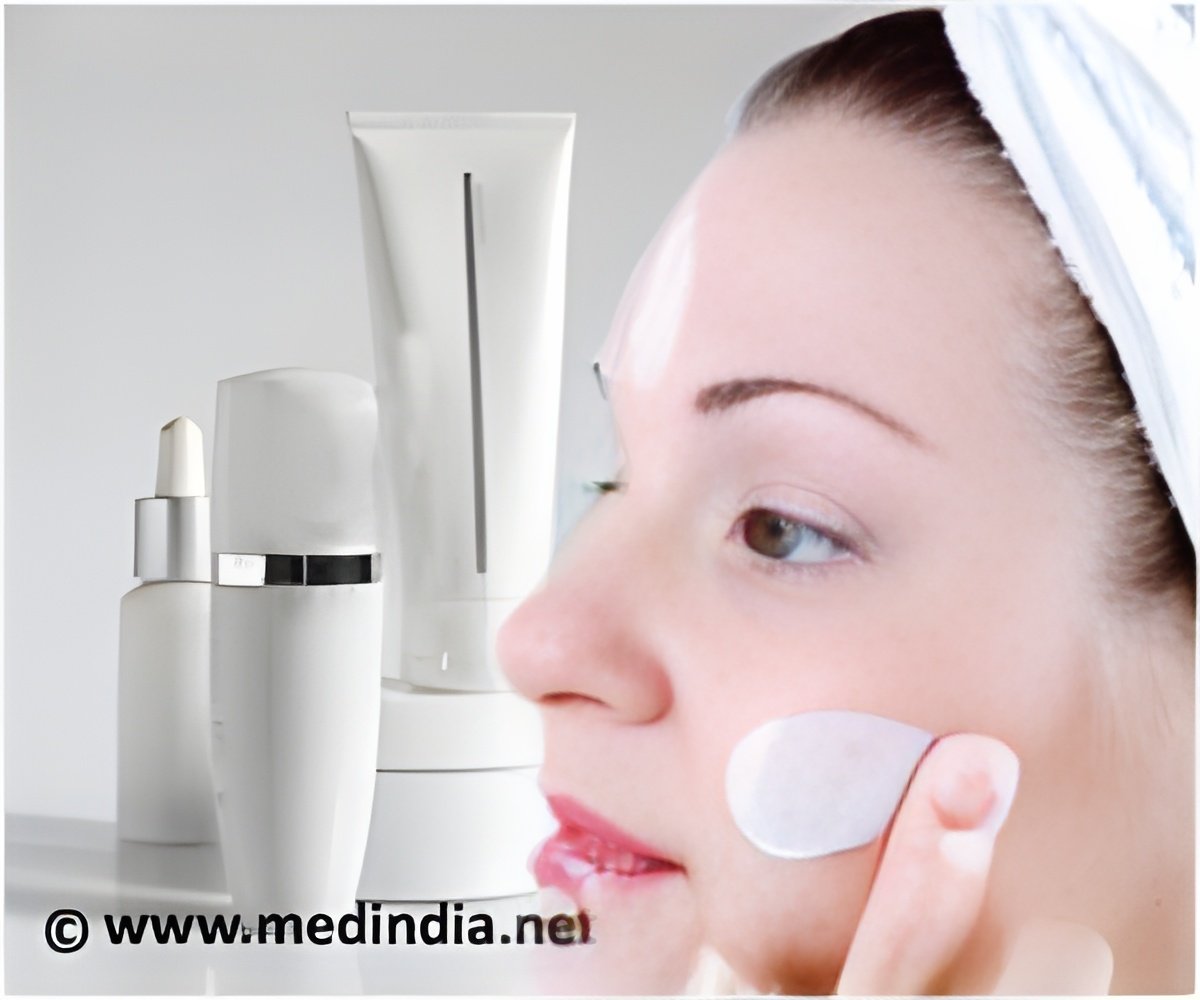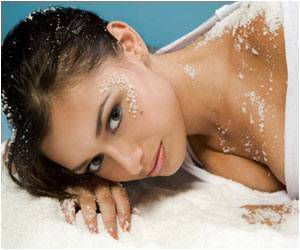Ivory Coast banned whitening creams because of the negative health effects associated with them, ranging from white spots and acne to cancer.

While no official statistics are available, 'tchatchos' or those with lightened skin, often recognizable by their darker knuckles and elbows are omnipresent in Abidjan. Businesses continue to sell these whitening products, because they know people will continue to buy them despite the risks. An executive for an Ivorian cosmetic company said, "We know that our lightening products are dangerous. A ban would be counterproductive. It would push consumers to make their own products, which would be even worse. At least we know the composition."
Women claim that it is societal pressure, particularly from men, that forces them to lighten their skin. Marie-Grace Amani, who has been whitening her skin for the past four years, said, "It's men that push women to become lighter."
Ivory Coast's Health Minister Raymonde Goudou Coffie agrees to this. He said, "Ivorian men love women who shine in the night. They bring light and glow in the bedroom. Three months after the new law was introduced, which could entail a fine of 50,000 to 350,000 CFA francs (76 to 534 euros / US$83 to $585) for violators, salons are still advertising their lightening products. After raising awareness, we will move to the next phase of removing products from the market."
A national evaluation and marketing authorization committee has been set up to ensure implementation of the measures, but one of the biggest fights could be against cultural beauty standards.
The practice is not only present in Ivory Coast, but is widespread elsewhere in Africa, as well as in large parts of Asia.
Advertisement









